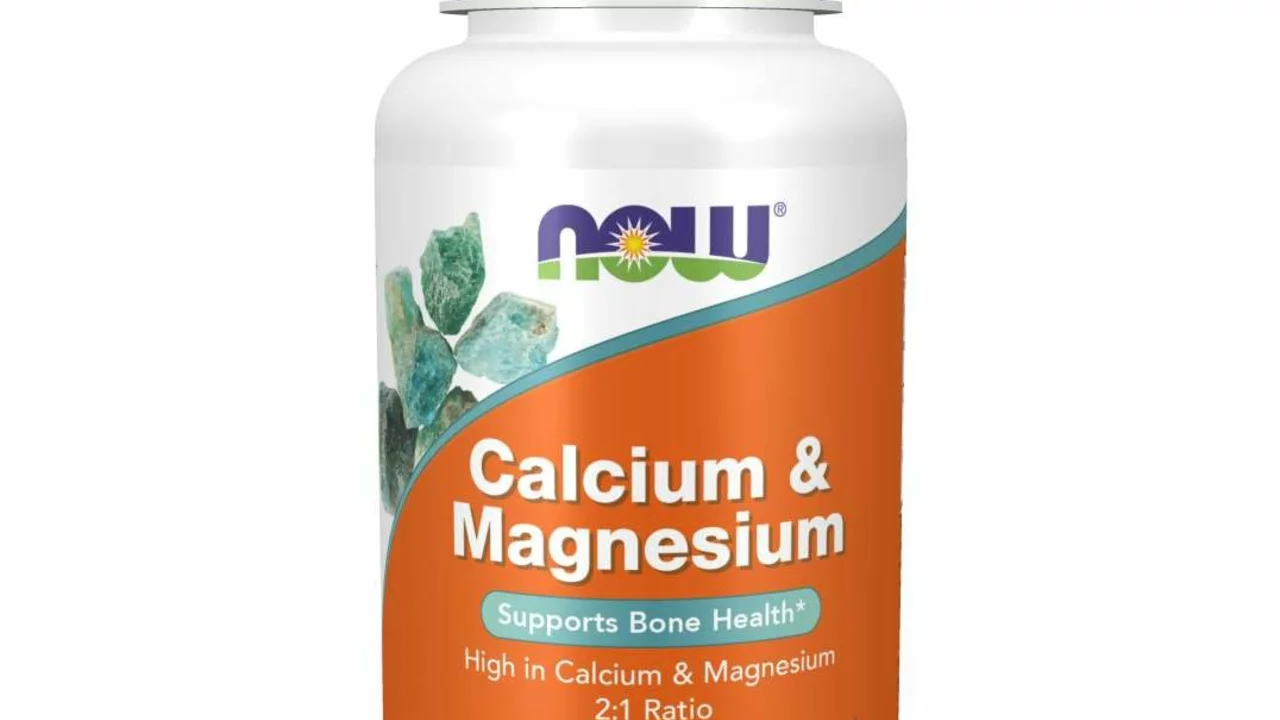Gelatin: what it is and why it matters for medicines and supplements
Gelatin shows up in more places than you might think—capsules, gummy vitamins, some tablet coatings, and even wound-care dressings. It's a protein made from collagen (usually from cows, pigs, or fish) and is used because it sets, binds, and stabilizes other ingredients. If you take medications or supplements regularly, knowing a few simple facts about gelatin helps you make safer choices.
First, gelatin itself is mostly protein and has almost no carbs. That means pure gelatin won’t spike blood sugar the way candies do. The catch: many consumer products that contain gelatin—gummy vitamins, dessert mixes, flavored chewables—also include sugar, glucose syrup, or other sweeteners. For someone managing diabetes, the label matters more than the word “gelatin.”
Common types and where to look for them
There are two things to check on labels: the source and the form. Sources are usually listed as bovine (cow), porcine (pig), or fish. If animal origin is a concern for dietary, religious, or allergy reasons, look for plant-based alternatives like hydroxypropyl methylcellulose (HPMC), pullulan, or alginate. Forms include hard and soft gelatin capsules, chewable tablets, and gels. Hard capsules dissolve in the stomach; softgel shells often contain oils inside and may have different storage needs.
In medicine, gelatin is used as: a capsule shell material, a binder in tablets, a stabilizer in some injectables and vaccines, and a base for chewable or gummy meds. If you prefer non-animal products, many pharmacies can point you to HPMC capsules and other gelatin-free options for supplements or compounded meds.
Practical tips for people with diabetes
1) Read the ingredient list. If a gummy vitamin lists sugar, dextrose, or corn syrup, count that into your carb total. Gelatin alone won’t change your glucose, but added sweeteners will. 2) Ask your pharmacist about capsule types. If you want to avoid animal gelatin for dietary or cultural reasons, pharmacists can suggest alternatives or brands that use plant-derived shells. 3) Watch serving sizes. A single gummy may be small, but multiple pieces add carbs fast. 4) If you have a rare gelatin sensitivity or gelatin-related allergy, stop use and talk to your clinician—reactions are uncommon but can occur.
Storage and handling are basic: keep softgels and gummies in a cool, dry place; heat can make them stick together. If a medicine tastes sweet or chewy, treat it like a snack for carb counting. When in doubt, ask the manufacturer for the exact sugar content per serving.
If you want help checking a product label or finding a gelatin-free option, reach out to your pharmacist or healthcare provider. They can help match a safe, low-carb choice to your treatment plan without surprises.

Gelatin: The Miracle Dietary Supplement You Need to Boost Your Wellness Journey
Haig Sandavol Jul 16 16In my latest blog post, I dive into the amazing benefits of gelatin, a miracle dietary supplement that could significantly enhance your wellness journey. I explore how gelatin, derived from collagen, can improve skin health, joint function, and even aid digestion. I also discuss how it can be easily incorporated into your diet with its various forms and tastes. Furthermore, I shed light on the recent scientific research supporting these benefits. Don't miss out on this superfood that could be the game-changer in your health and wellness regimen!
More Detail